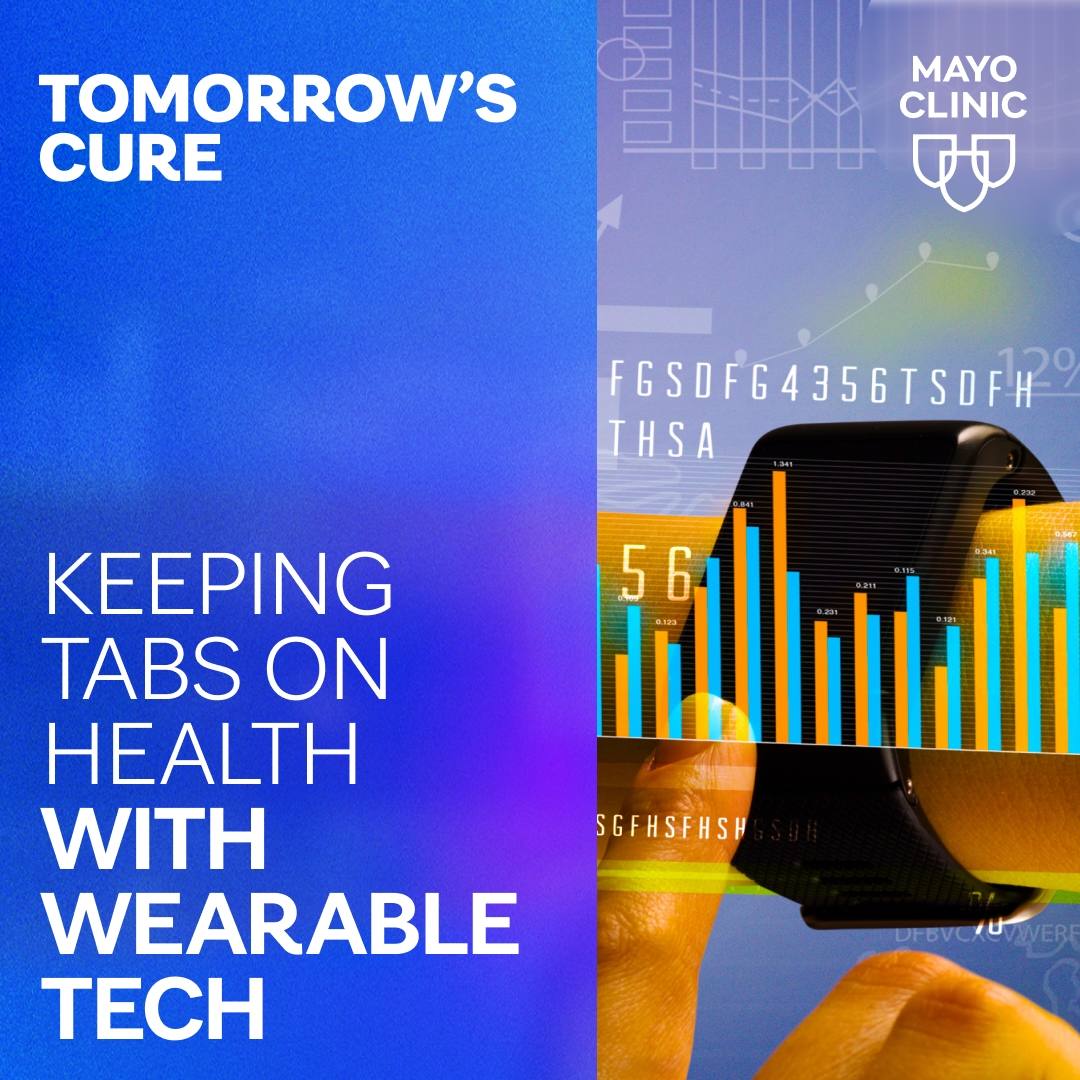Many diseases are passed from generation to generation, and sharing information about your family's health history may help keep your loved ones healthy. Dr. Judy Boughey, a Mayo Clinic surgeon, says, while it may not be comfortable to ask relatives about various conditions they have had, doing so could help prevent disease.
Journalists: Broadcast-quality video pkg (1:00) is in the downloads at the end of the post.
Please ‘Courtesy: Mayo Clinic News Network.’ Read the script.
During the holidays, many families gather. So it’s the perfect time to chat about your family’s heath history.
“Each family is different.”
Dr. Boughey says talking about family health history is critical, because many diseases have genetic factors that put family members at increased risk of the disease. Take breast cancer, for example.
“Knowing whether your mother, your aunt, your cousins, your grandmothers, your grandfathers had breast cancer and at what age they had their breast cancer can be very informational in terms of how likely is it that this is something that runs in the genetic makeup of the family versus just being a sporadic breast cancer,” says Dr. Boughey.
For some diseases, family members can consider genetic testing. If a gene is found, people could take steps to reduce their risk. Even if no known gene is found, families with strong histories of breast cancer or any other diseases, such as heart disease or diabetes, can work to reduce their risk and stay healthier longer. And that’s a holiday gift to share.







